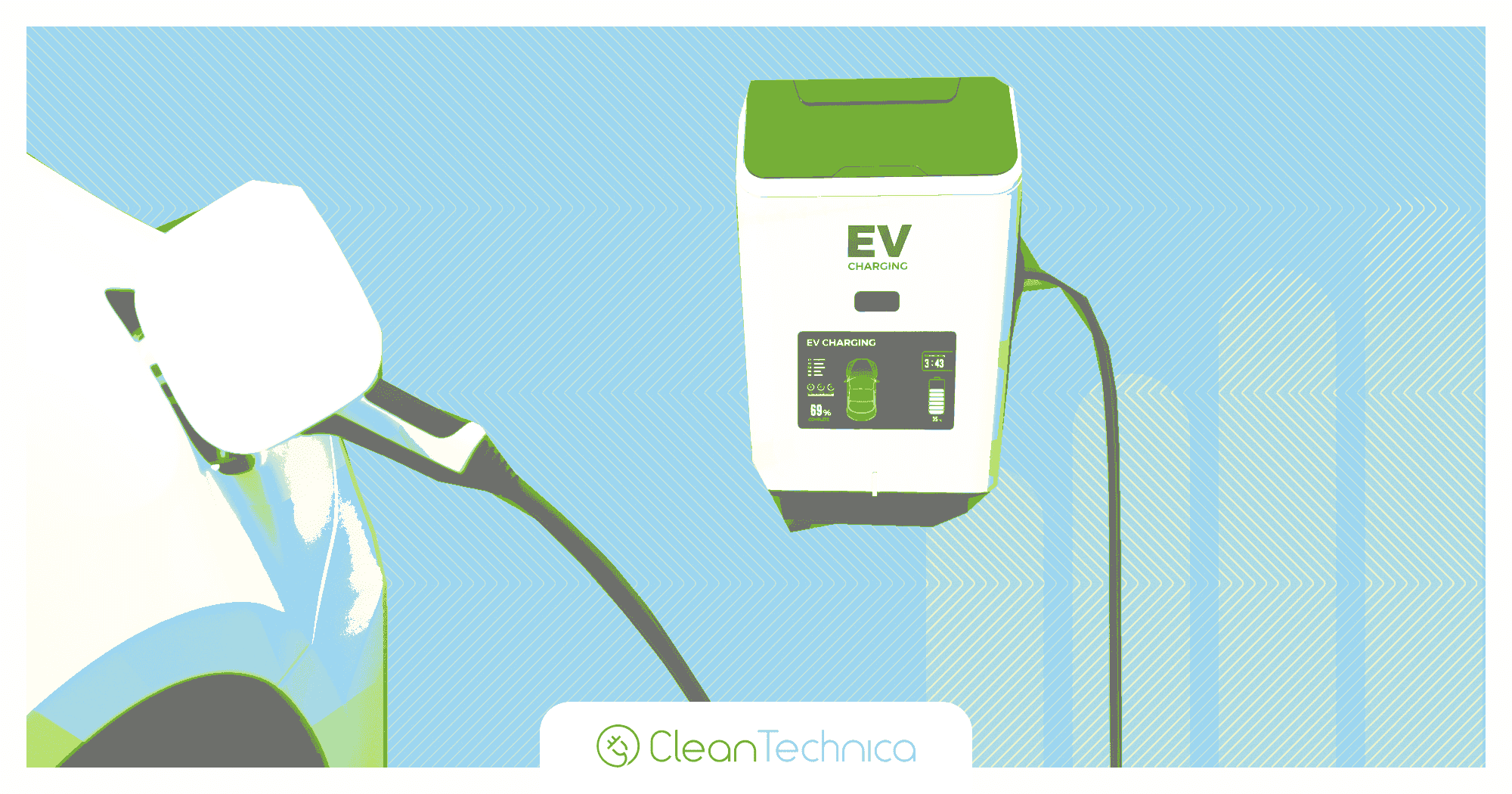Researchers Develop Promising Approach To Smaller, More Powerful, Safer Electric Vehicle Batteries
Support CleanTechnica's work through a Substack subscription or on Stripe.
Finding is a step on the way to solid-state batteries
Two factors dominate the development of batteries for electric vehicles: power, which determines the vehicle range; and cost, critical in the competition with internal combustion engines. The targets set by the U.S. Department of Energy to accelerate the transition from gasoline-powered vehicles to electric vehicles cannot be achieved with conventional lithium-ion batteries because of their limited storage capacity and relatively high production cost.
A promising approach to making smaller, lighter, more powerful and safer batteries is to use solid-state cells with anodes made of metallic lithium instead of graphite. A research team led by Jennifer Rupp at the Massachusetts Institute of Technology and the Technical University of Munich has developed such a new synthetic process. The process is based not on a ceramic precursor compound but on a liquid one. Results of the research are published in the journal Angewandte Chemie.
The characterization of the lithium oxide crystallization process was supported by the U.S. National Science Foundation through the National Nanotechnology Coordinated Infrastructure Network.
A lithium ceramic could act as a solid electrolyte in a more powerful and cost-efficient generation of rechargeable lithium-ion batteries. In contrast to conventional lithium-ion batteries, which have liquid organic electrolytes and use a polymer film, all components of a solid-state battery are solids. A thin ceramic layer simultaneously functions as a solid electrolyte and separator. It is effective, the researchers say, against both the dangerous short circuits caused by the growth of lithium dendrites and thermal runaway. In addition, it contains no easily ignited liquids.
Research areas
- Directorate for Engineering (ENG)
- Division of Electrical, Communications and Cyber Systems (ENG/ECCS)
News courtesy of the National Science Foundation.
Sign up for CleanTechnica's Weekly Substack for Zach and Scott's in-depth analyses and high level summaries, sign up for our daily newsletter, and follow us on Google News!
Have a tip for CleanTechnica? Want to advertise? Want to suggest a guest for our CleanTech Talk podcast? Contact us here.
Sign up for our daily newsletter for 15 new cleantech stories a day. Or sign up for our weekly one on top stories of the week if daily is too frequent.
CleanTechnica uses affiliate links. See our policy here.
CleanTechnica's Comment Policy

